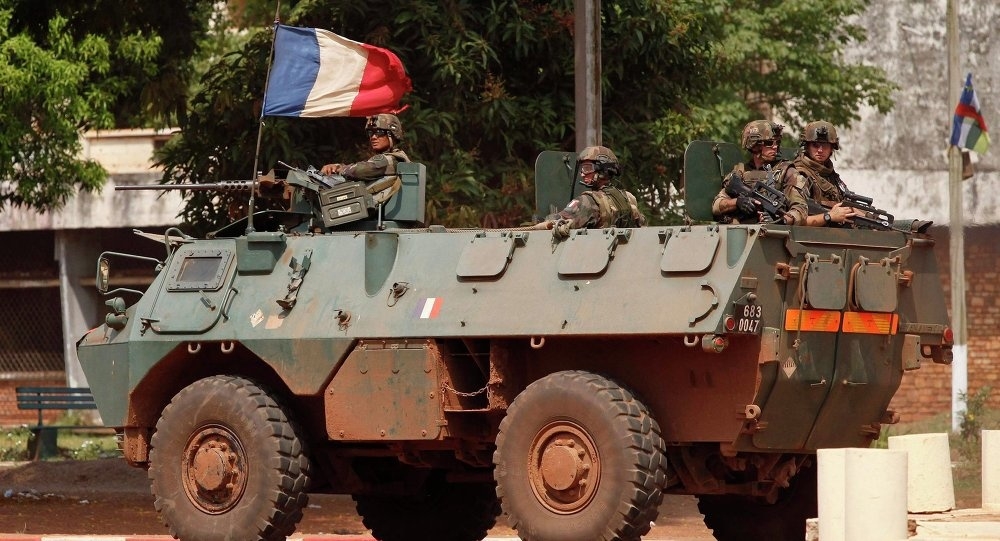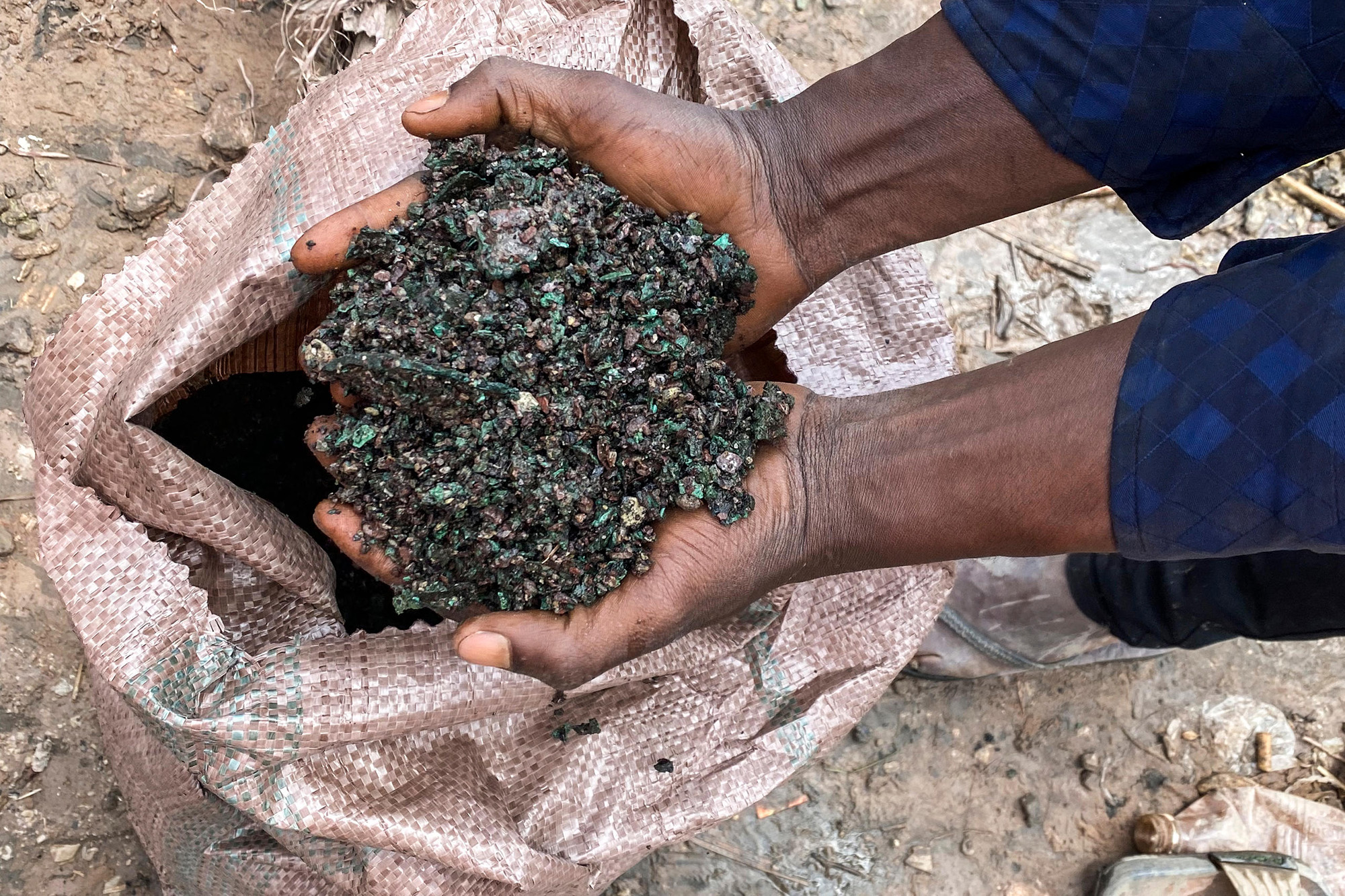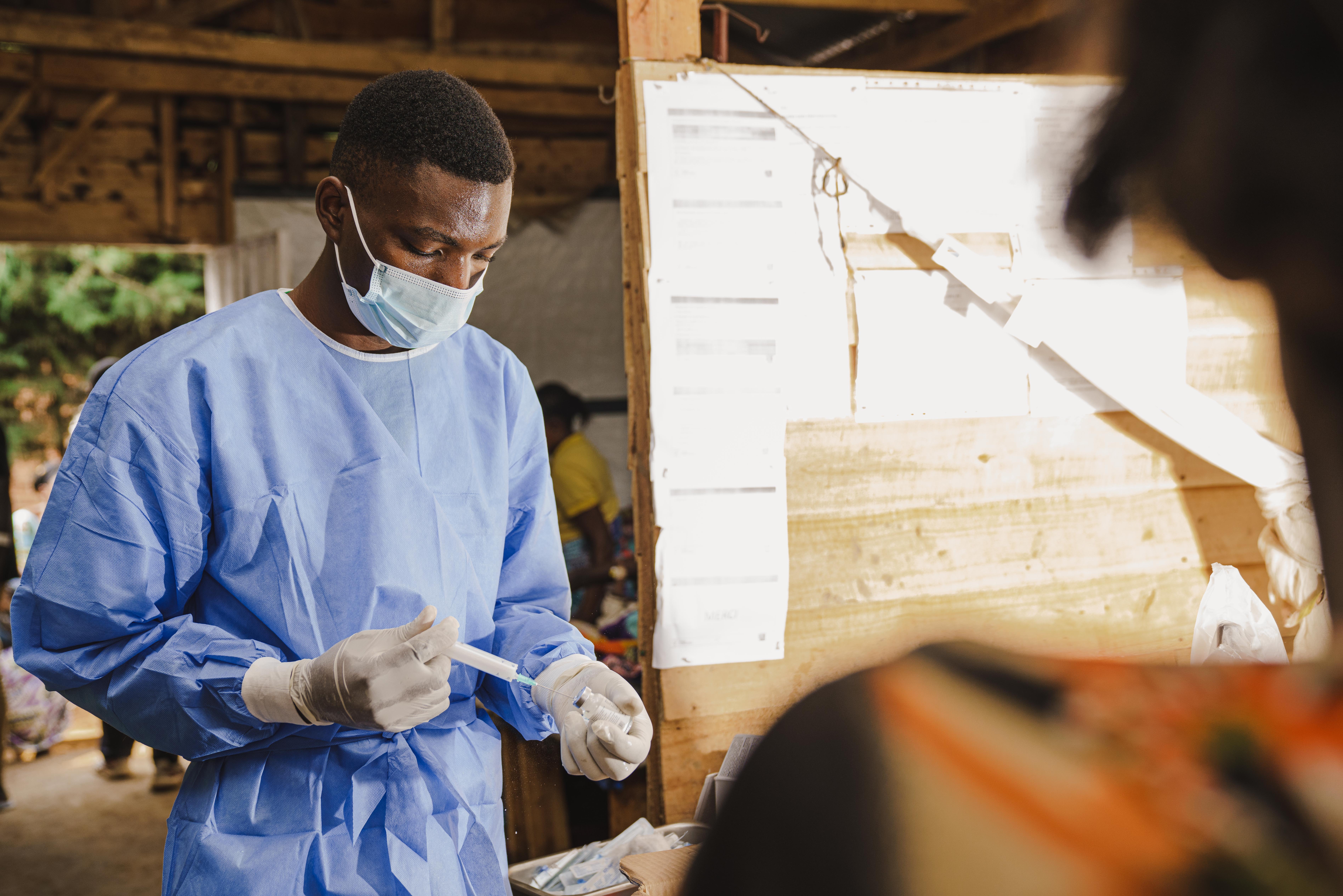The list of coups increases
- Attention is drawn to the number of coups d'état that have taken place in the last few years around Sahel, and to understand this, some experts have taken into account the basic reasons we have mentioned in this LARRUN. Although the situation in each country is different, and despite the many questions raised, the long list of coups shows that the countries of central Africa are on fire. The French Government and the United Nations, in particular, have shown their rejection and have warned that the influence of Russia and Turkey has spread on these lands. Signs of a change in the balance of the world map?

Chad
Elections were held in Chad on 11 April 2021 and candidate Idriss Deby, president of the 1990 coup d'état, won again. In 2018, the Constitution was changed to make the presidential system even more rigid. In the elections there was no chance of winning anyone, because there were three other candidates in competition, but they turned back, seeing with what repression the Chad Army reacted to the street demonstrations. Citizens called for a change of government in those protests.
On the same day of the elections, the riots were triggered, starting with the Chad Front for FACT Alternance and Concordia from the north of the country. The government and parliament were dissolved. ==Death==Deby died without the sixth legislature on the front of the war on 20 April. His son Mahamat Deby took over the establishment of the transitional military commission. There were major clashes between the Chad Army and the ACT that resulted in hundreds of deaths. On 27 April there were major protests in the city of N'Djamena, calling for the transitional commission to be made up of civilians and not military personnel.
On 22 April, the French Government publicly defended the adoption of the Government by a transitional military commission led by the son of Deby, albeit unconstitutional. The representatives argued that “in this emergency situation it was necessary”. It should be noted that France has been one of Chad’s great allies and that 1,000 French soldiers are serving the military zone.
Guinea
On September 5, 2021, the military beat the state of Guinea and kidnapped President Alpha Conde. The government and the constitution were abolished and Colonel Mamadi Doumbouya and the head of the coup announced that the transitional government was in the hands of the National Commission for Union and Development (CNRD) and that political prisoners were to be released. A year earlier President Conde amended the Constitution to allow for his third term of office. This provoked many protests and the repression was huge: opposition candidates died in prison. Doumbouya said they freed citizens from the hands of the elite. The 83-year-old president had been in office for eleven years. In May 2022, a judicial investigation was opened to Conde and other high charges for murder, torture, kidnapping and rape. A few days, however, the former president was released, withheld from the coup, because for medical reasons he had to leave the country.
Guineans denounced the continued repression and empowerment in recent years and denounced the decline in human rights. Getting into jail was also becoming commonplace for anyone who wasn't an elite. That is why, among other things, the citizens celebrated the coup d’état, as seen in the images disseminated. However, the US and the European Union rejected the coup.
The long list of coups shows that the countries of Central Africa are on fire. The French Government and the United Nations have above all shown their rejection and have warned that the influence of Russia and Turkey has spread on those lands.
Mali
On 24 May 2021, the coup took place in Mali. Colonel and Vice-President Assimi Goïta led the army coup and President Bah N'daw was arrested, Prime Minister Moctar Ouane and Defence Minister Souleymane Doucouré. By then, the situation was already confused, among other things, because in August 2020 Goïta himself made a coup attempt, and since then the Transitional National Council had been set up. But within the council tensions grew between military and civilian until it erupted in May.
The resentment of France, a former colonial leader, for its role in the problems of Mali also fuelled political turmoil. The corruption and political instability that prevailed in the country in the last decade opened up uncertainty and citizenship manifested itself. In this context, Goïta himself rose up against the government of the time, where President Ibrahim Bubacar Keita and Prime Minister Bubu Cise took their hair.
After these kidnappings, Keita was forced to resign and undo the government and parliament. The army authorized N'daw as head of state and Ouane as prime minister. Charges for the Transitional National Council and the Government.

Burkina Faso
In Burkina Faso there were two coups in 2022. One on 23 January and the other on 30 September. Citizens protested against the president since 2019, among other things because jihadist attacks were becoming more frequent and there was a lot of uncertainty, especially since 2015, and citizens complained that the president was not able to manage this crisis. This was argued by the military who gave the coup on behalf of the Movement for the Protection and Restoration of the Homeland MPSR: “We are obliged to dismiss Roch Kabore for the serious deterioration of the security we are suffering.” Paul-Henri Sandaogo Damiba was presided over by the interim president. Popular celebrations, as well as the images that ignited the French flag, were announced in the major international media.
However, Damiba did not last as president. Eight months later, Ibrahim Traoré took office in the September Coup State. The reason was the same: they accused him of not being able to stop the jihadist attacks, and that in recent months 40 per cent of the land in Burkina Faso had already been invaded by non-State forces. They reported on Russia’s collaboration in carrying out the coup, the Wagner team. So fewer citizens supported the coup because they argued that it could not solve security problems.
Niger
On July 26, 2023, a group of Niger military personnel, some ten, who beat the state in Niger, took prisoners and dismissed Head of State Mohamed Bazoum. Along the same lines as Burkina Faso argued that the president was unable to manage the “security problems” and questioned their governance. It must be borne in mind that US and French troops have been in the lands of Niger, among other reasons, to cope with the growth of jihadists in the Sahel area. The coup d ' état in Mali and Burkina Faso led to the French troops moving to Niger. They warn that “sentiment against the French” has increased and that they have allowed Russia’s influence (through the Wagner group). They also stress that Turkey is also active in the Sahel area.
Good night
On 30 August 2023, the military coup d’état of Gabon took place. On 26 July the general elections were held and Ali Bongo won. He was in the chair since 2009 and began his third term. The opposition accused him of electoral fraud and the tension erupted on 30 August as soon as he took office, being arrested by the military. They accuse him of having had an unstable and indifferent mandate for fourteen years and of having broken Gabon’s social cohesion: “He has led the country into chaos.” As early as 2018, they tried to take the coup against Bongo, but it did not move forward. Brice Oligui Nguema has taken the lead in Gabon and has not yet called for new elections. It is committed to creating more “democratic” organizations.
.jpg)
The Centre Tricontinental has described the historical resistance of the Congolese in the dossier The Congolese Fight for Their Own Wealth (the Congolese people struggle for their wealth) (July 2024, No. 77). During the colonialism, the panic among the peasants by the Force... [+]
New York, 1960. At a UN meeting, Nigeria’s Foreign Minister and UN ambassador Jaja Wachucu slept. Nigeria had just achieved independence on 1 October. Therefore, Wachuku became the first UN representative in Nigeria and had just taken office.
In contradiction to the... [+]
Ethiopia, 24 November 1974. Lucy's skeleton was found in Hadar, one of the oldest traces of human ancestors. The Australian hominid of Australopithecus afarensis is between 3.2 and 3.5 million years old.
So they considered it the ancestor of species, the mother of all of us. In... [+]
A group of interdisciplinary researchers from the Free University of Berlin and the Zuse Institute have developed a complex mathematical model to better understand how Romanization spread in North Africa.
According to a study published in the journal Plos One, the model has... [+]

























